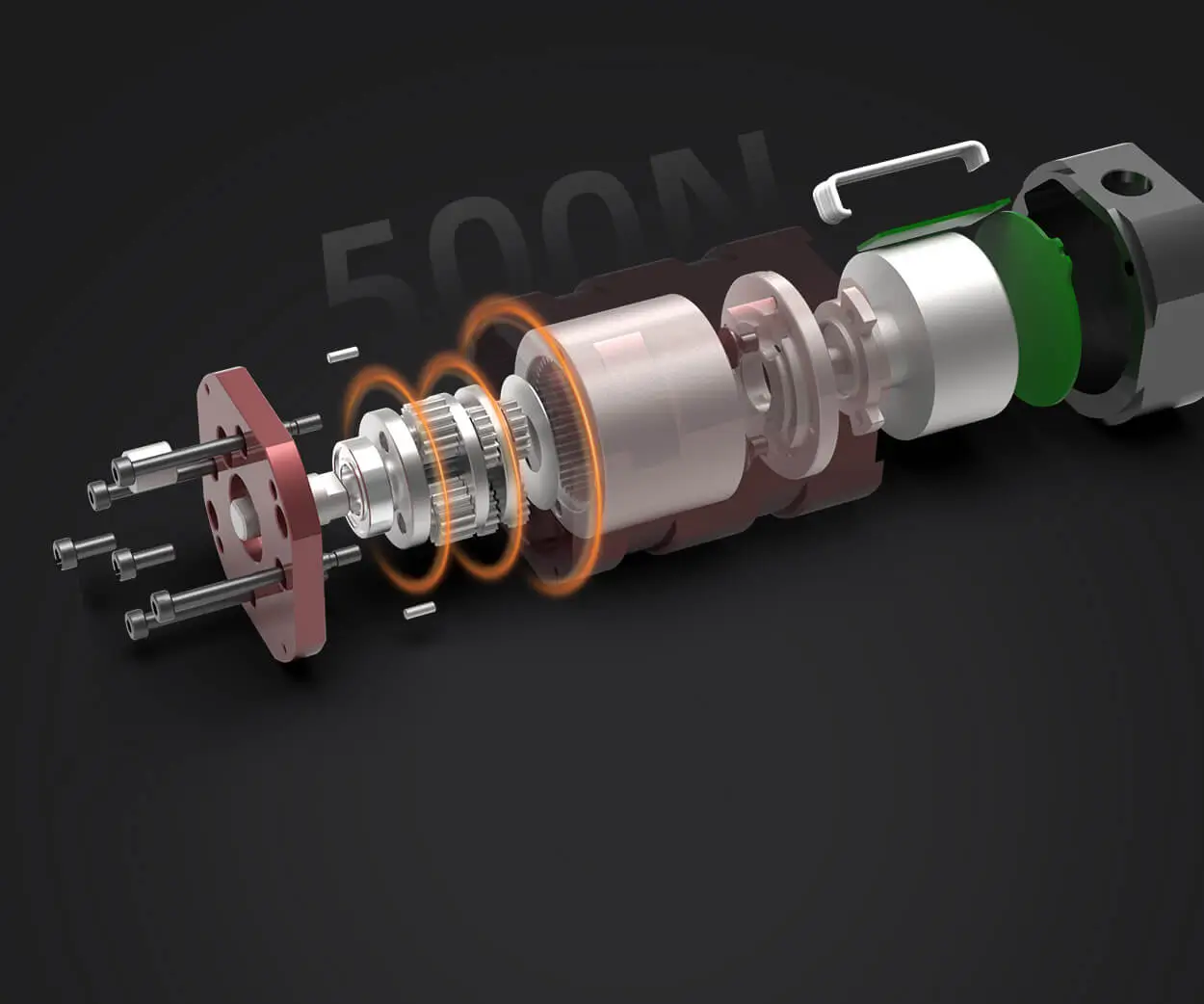Sure! Here's the first part of a soft, attractive article centered around "brother gear motor price."

part 1:
When it comes to powering machinery, robots, or automation systems, the gear motor often acts as the unsung hero. Compact, efficient, and versatile, these devices are vital in transforming electrical energy into controlled mechanical motion. Among the many brands in this sphere, Brother gear motors have established a reputation for dependability and innovation, making them a popular choice across various industries.
But with a broad array of options, the first question that springs to mind is often: how much does a Brother gear motor cost? And perhaps more importantly, what factors influence that price? Understanding these elements can help buyers, whether engineers, startup entrepreneurs, or DIY hobbyists, make the best investment decision.
The Basics of Gear Motor Pricing
At its core, the price of a Brother gear motor depends on several intertwined factors. These include the motor’s specifications, build quality, intended application, and even the supplier or distributor. Here’s a breakdown of what influences gear motor prices:
1. Power and Torque Capacity: Higher power ratings and torque capacities naturally fetch higher prices. A small, 1-watt gear motor for light applications might cost a mere $20-$50, while industrial-grade units with several hundred watts can be priced at several hundreds of dollars.
2. Gear Reduction Ratio: The gear ratio—whether 10:1 or 1000:1—significantly affects both the motor's price and its performance. Higher ratios typically result in more complex gear assemblies, often increasing manufacturing costs and, hence, the retail price.
3. Material Quality and Durability: Materials used in the gears and housing play a huge role. Steel gears with precision machining cost more but offer increased durability and lifespan, especially crucial in heavy-duty applications. Cheaper units might use plastic or lower-grade metal, making them more affordable but less robust.
4. Voltage and Power Supply Compatibility: Most Brother gear motors operate on standard DC voltages like 12V, 24V, or 90V. Motors designed to operate at higher voltages or with specialized power supplies tend to be priced higher due to the specialized materials and engineering involved.
5. Precision and Efficiency: High-precision gear motors, suitable for laboratory or sensitive automation applications, command pricing premium. These units ensure minimal backlash and smoother operation, often doubling or tripling the costs compared to standard models.
6. Customization and Special Features: Some applications demand specific features—such as feedback sensors (encoders), waterproofing, or explosion-proof casings—which all add to the overall price.
7. Brand Reputation and Certification: Broader market perception and industry certifications like ISO or CE compliance can slightly influence pricing, not to mention the premium associated with trusted brands like Brother.
The Range of Brother Gear Motor Prices
Considering all these factors, you’ll notice that Brother gear motor prices span a broad spectrum. For hobbyist projects or light-duty tasks, small and basic models can be purchased for around $30 to $80. These typically have modest power ratings, simple gear ratios, and plastic housings.
As you move into more industrial or commercial territory, prices can climb up to $200–$500 for units with higher torque, better materials, and additional features like encoders or waterproofing. These are suitable for robotics, conveyor systems, or automation in manufacturing settings.
For applications demanding precision, durability, and customization, specialized Brother gear motors can push the cost even higher, sometimes exceeding $1,000. That’s especially true when integrating complex gearboxes, feedback mechanisms, or designing units for harsh environments.
How to Find the Best Deal
Getting a gear motor that balances quality and price requires a bit of savvy. Here are some tips to navigate the pricing landscape:
Compare Multiple Suppliers: Don't settle for the first quote. Look for reputable suppliers with transparent pricing and good customer feedback. Prioritize Features: Define your application’s needs clearly. For instance, a hobby project might not need a high-precision encoder or waterproof casing, saving you money. Consider After-Sales Support: Cheaper units with poor support can cost more in the long run if they fail or require repairs. Buy in Bulk: If your project involves multiple units, bulk purchasing can significantly reduce per-unit costs. Check for Certifications and Standards: Ensuring compliance with safety and quality standards reduces risk and might justify a slightly higher initial investment.
The second part of this article will delve into specific models, marketplaces, and tips for assessing the quality relative to price, ensuring you get maximum value for your investment. We’ll explore how to evaluate product specifications, read technical datasheets effectively, and identify trustworthy suppliers—helping you navigate the sometimes confusing world of gear motor pricing with confidence.
Kpower has delivered professional drive system solutions to over 500 enterprise clients globally with products covering various fields such as Smart Home Systems, Automatic Electronics, Robotics, Precision Agriculture, Drones, and Industrial Automation.




































